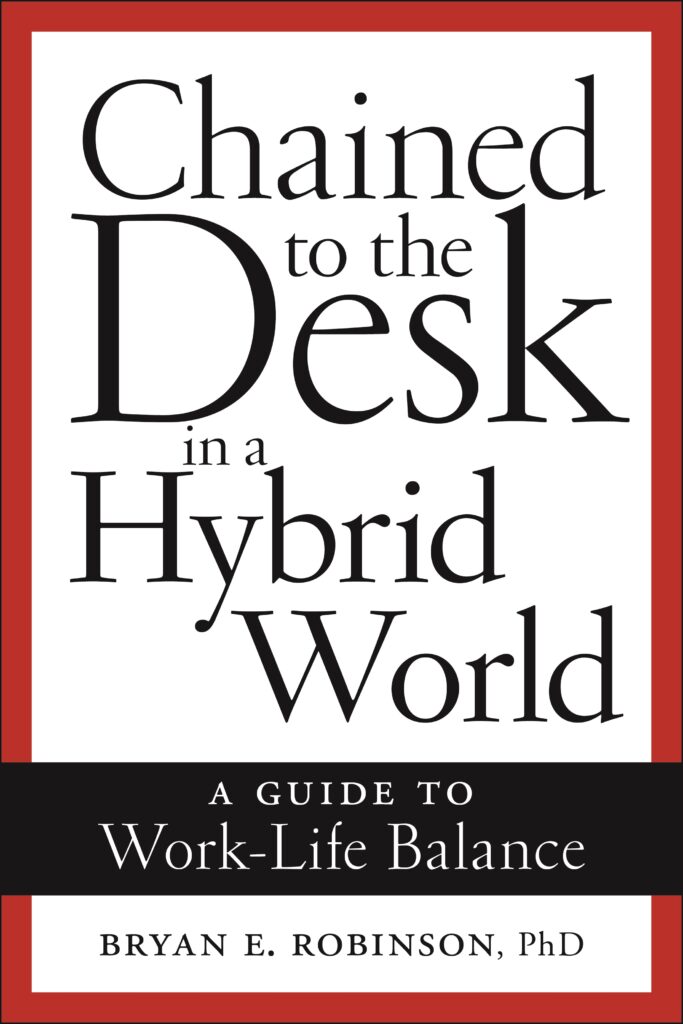It was January, and snow covered the ground. Inside my office, Lois was having an anxiety attack because she feared she would not be able to succeed in the highly competitive real estate field in which she had worked day and night for several years. She believed it was only a matter of time before her incompetence was revealed and she would lose her job. The paradox was that she had just received an award and a bonus for top million-dollar salesperson in her company the previous year. I was puzzled at the contradiction. I saw her as bright, friendly, and obviously capable and accomplished. She said to me: “At first, I felt good about it, but that only lasted for about twenty minutes. Then I realized it was a fluke, and I’ll never be able to pull it off again. I feel like I’m going down the tubes this year.”
Although puzzled, I also understood that her nagging workaholic voice clouded her vision from internalizing success, afraid she would slack off and ultimately flop, throwing her into impostor syndrome—the chronic fear of being exposed as a fraud, that her accomplishments were not genuine. Instead of embracing success, workaholics are more likely to minimize it and maximize inadequacy.
Distorted workaholic thoughts can make you feel like an impostor. You’ve been able to fool people that you’re competent, even though you’re not convinced yourself. You think if they really knew you, you’d be discovered for the fake you are. Your rigid beliefs tell you that you have to work even harder to keep up the charade. One financial consultant said: “I want to achieve everything there is to achieve in my profession. I am humble in the spotlight, but I am afraid of not being in the spotlight.”
Work addiction drives you to produce more and more and take on mountains of work even when your professional and personal life are already overloaded. You set yourself up for failure because your standards are so high that no one could ever meet them. Lois described the sabotage of her workaholic mind: “I feel like people judge me on what I do—on what I accomplish, achieve, and on what products I produce and what effect I have on the world. And if I’m not doing the best job I know how, I feel like a failure. And because I can’t possibly be doing the best job at everything, I feel like a failure most of the time. Any time I set a goal for myself that I can achieve, I think, ‘That wasn’t worth it; that was nothing.’ So, I create a higher goal that I can’t possibly reach.”
If you suffer from impostor syndrome, you’re not alone. Some of the most accomplished personalities on the planet have struggled with self-doubt. Journalist Jeff Jarvis said “like most other creatives, I struggle with self-sabotage, self-doubt, and feeling like an impostor more often than not.” When Jane Fonda won her second Oscar, she told a talk show host that she felt like a phony and feared the Academy would find out how talentless she was and take the award back. Even American author and poet Maya Angelou lamented,“I’ve run a game on everybody, and they’re going to find me out.” Other well-known people such as actor Tom Hanks and former First Lady Michelle Obama have also spoken publicly about feeling like an impostor.
Rutgers organizational management expert Gayle Porter suggests that workaholics struggle with low self-esteem to such an extent that they have distorted patterns of working with others, because they focus on how interactions enhance their self-esteem, not on how they can enhance the quality of the task itself:
The good of the organization, the department, or the work team is secondary to choosing the task or method that will protect the workaholics’ self-concept and possibly highlight their efforts When choices are available,
workaholics may redirect effort in a way that does not risk damage to self-esteem. The job outcome is secondary to ego protection. The most common response to any problems will be to work more hours. It would also be important that the ego be protected from any possible connection to lack of results to accompany those added hours. This requires finding a way to assign external blame when the work does not go well rather than focusing on genuine efforts of problem resolution
Your workaholic mind tells you that you’re the only one who can solve a certain problem at work, when the truth is that the work could be delegated. The belief that only you can do it in the specific right way or at the speed necessary gives you a sense of superiority and bolsters your self-worth. Being able to handle heavier loads more swiftly than your coworkers makes you think you measure up to the performance of others. But, of course, when you have to denigrate others to prove your own adequacy, it only calls more attention to your insecurities.
When you stay at the office past five o’clock, after everybody else goes home, you often quietly fume or smugly demand that coworkers and subordinates put in equal time. The thing people applaud you for most, your work ethic, is also the thing people close to you dislike the most. Despite your superior attitude, you’re often surprised to learn from office surveys that business associates don’t admire you for your abusive work habits. You’re shocked to discover that you’re viewed as narrow-minded, difficult to work with, and lacking in vision.



